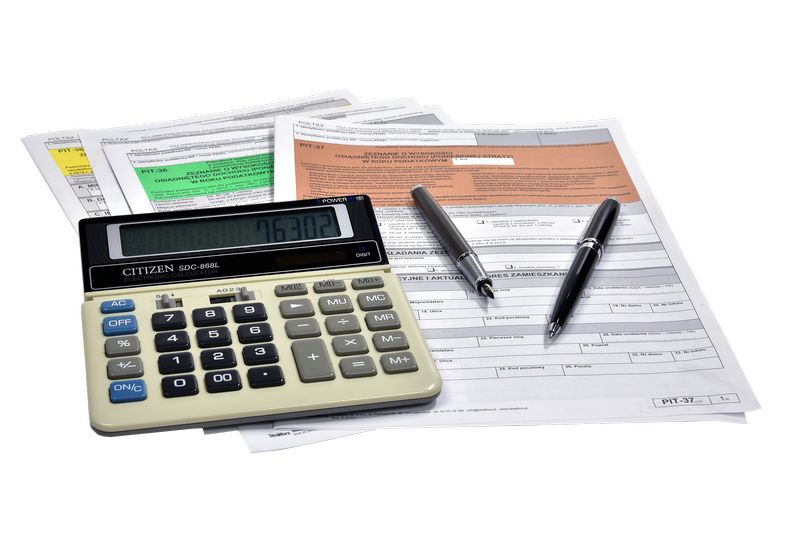Avoiding high taxes when selling real estate

Everyone dreams of selling their real estate for maximum profit. In this case, perhaps to increase the profit from the sale, you should give up the idea of taking the entire payment in one lump sum. Probably selling in installments is what you need.
Big payment - Big taxes
Let's look at the big picture:
John Wilde got a great offer from a buyer and he had a hard time believing the numbers he saw. His real estate had gone up in price in earnest over the last five years. But when Wilde told his financial advisor about the offer, he wasn't so happy. Receiving the lump-sum payment could have a serious impact on John's tax bill.
Hal could get the full amount from the deal the same year he sells the property, but then he would have to pay 25 percent of the money, which would equal the depreciation deductions on the property. Also, any gain that is greater than the depreciation amount will be subject to a 15 percent tax (up to $496600 if you are married and $441450 if you are not), or 25 percent if you exceed those thresholds. Wilde will then ask his financial advisor for advice, and the advisor is likely to suggest one way out.
Selling in installments
An installment sale is when at least one payment is made outside of the year the property is sold. The IRS gives the taxpayer an opportunity to keep some of the money they receive from the sale of the property through an installment sale. Such a transaction will allow the seller to declare their income received over several years.
How this method works
Declaring your earnings from the sale of real estate in installments is not that difficult. Taxes on the installment sale will be counted as a refund of the principal amount. There are limitations, such as: the property being sold is not a security and the taxpayer is not the dealer of what he sold.
Let's try to speculate on how Wilde can handle an installment sale by carrying over the tax deductions to the next year. Wilde gets a deal on a $400,000 property sale. He bought that property for $300,000. During the time he lived in it, he received depreciation deductions of $100,000, and the base value of the house went up to $200,000. So, Wilde has a $200,000 profit that will be subject to taxes.
Wilde's financial advisor will suggest that he split the lump sum payment into eight $50,000 each. As long as that money comes in each year, Wilde will be able to declare his incoming profits for eight years.
Income Statement
The gain on a sale usually falls into three main categories: principal, profit (or the changed base price of the property), and interest. Form 1040 implies that these categories are treated separately. Interest will be used to calculate the gain on the sale of real estate for a given tax year.
Capital gain
For long term gains, they will be taxed at a reduced rate, and short term gains will be taxed as usual.
Short-term gains are taxed as ordinary income at the highest rate for the taxpayer.
Interest
Taxpayers who elect installment income must tell the purchaser about the interest accruing, taxed at the standard income rate. Interest after the sale transaction is generally referred to as stated interest. Declared interest may be insufficient, or even non-existent, in which case part of the underlying sale transaction will go to "undetermined interest.
Principal
A portion of each installment sale will be treated by the IRS as a tax-free principal return. The principal (or increased principal) is the total amount of the modified principal and all of the costs of the sale and the depreciation chargeback.
You considered above that the base value of the Wilde home would be $200,000. He would have to add $100 to recover the depreciation and another $10,000 as a sales expense to calculate the modified basis value. All in all, it would be $310,000.
There are a myriad of factors to consider when selling a property in installments and you have to keep each one in mind.
Mortgage and contract price
A buyer can take out a mortgage, and then the base price of the property must be lowered by the amount of the mortgage.
The mortgage amount can be more than the total base value of the property, and then the difference shows up on the report as the first year fee, and the price in the transaction is increased by that amount.
To summarize:
If you're going to sell your property in installments, there are a lot of rules you need to keep in mind and make sure you follow them carefully. If you're interested in more specific clarification of the issues, go to the IRS website, or consult with your tax advisor. It may be that a lump sum payment would be effective in your situation.
Was this article helpful?130 Posted by: 👨 Robin L. Jackson

